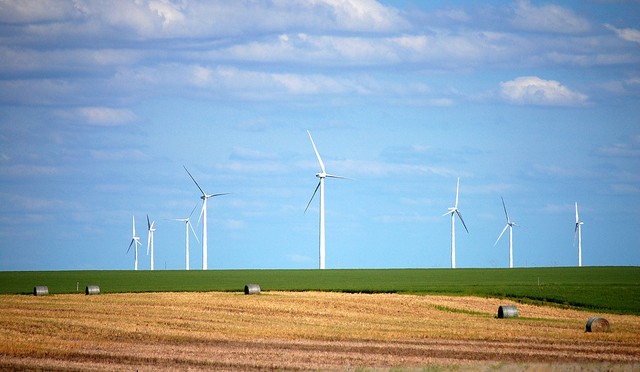The Oregon state legislature is currently considering a bill that would eliminate coal from the state’s energy mix while increasing its Renewable Portfolio Standard to 50 percent by 2040.
The initiative, called the Clean Electricity and Coal Transition Plan (House Bill4036), has wide variety of supporters, ranging from the Sierra Club to utilities Pacific Power and Portland General Electric, and voices across Oregon are increasingly calling for its passage.
Here’s a roundup of what some local voices are saying:
“[A] win for all sides…. Oregon imports electricity from 11 coal-fired plants elsewhere in the West. So the decision to eliminate a nonrenewable source of energy while lowering carbon emissions is an important one, and burnishes Oregon’s reputation as a state that places a high value on environmental protection — and backs it up with action. The agreement also includes protections for customers of PGE and Pacific Power, a key requirement in a state where many still struggle financially.”
“Most Oregonians get it: The age of coal is over. Nations, states and companies that don’t immediately begin a serious transition to non-coal electricity will face a steep upward curve in costs, which will be passed along to consumers and future generations.”
“This plan delivers goals that are acceptable not only to the environmental groups and utilities that crafted it, but to a wide swath or Oregonians who in polls have shown a preference for renewable energy.”
“A compromise reached last week between environmentalists and major Portland utility companies is significant for two reasons: It potentially avoids a costly ballot measure this fall, and it could put Oregon on a reasonable path to reduce its reliance on coal.
The deal also shows how Oregonians of goodwill can solve problems through negotiation and conciliation, rather than settling their differences through expensive ballot measure campaigns.”

